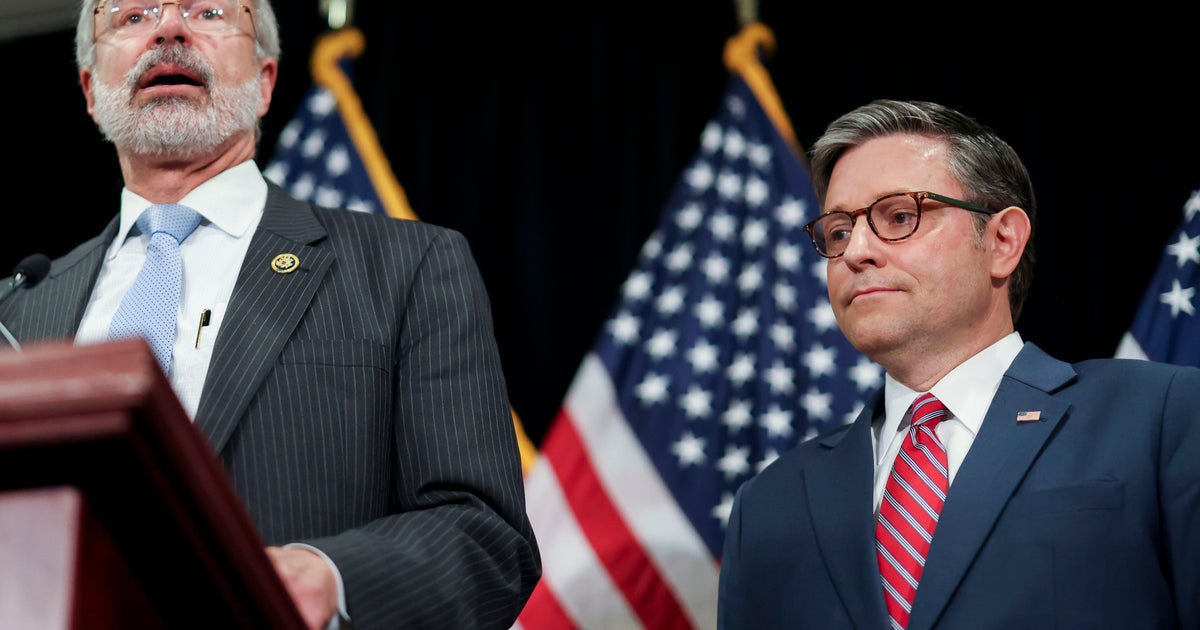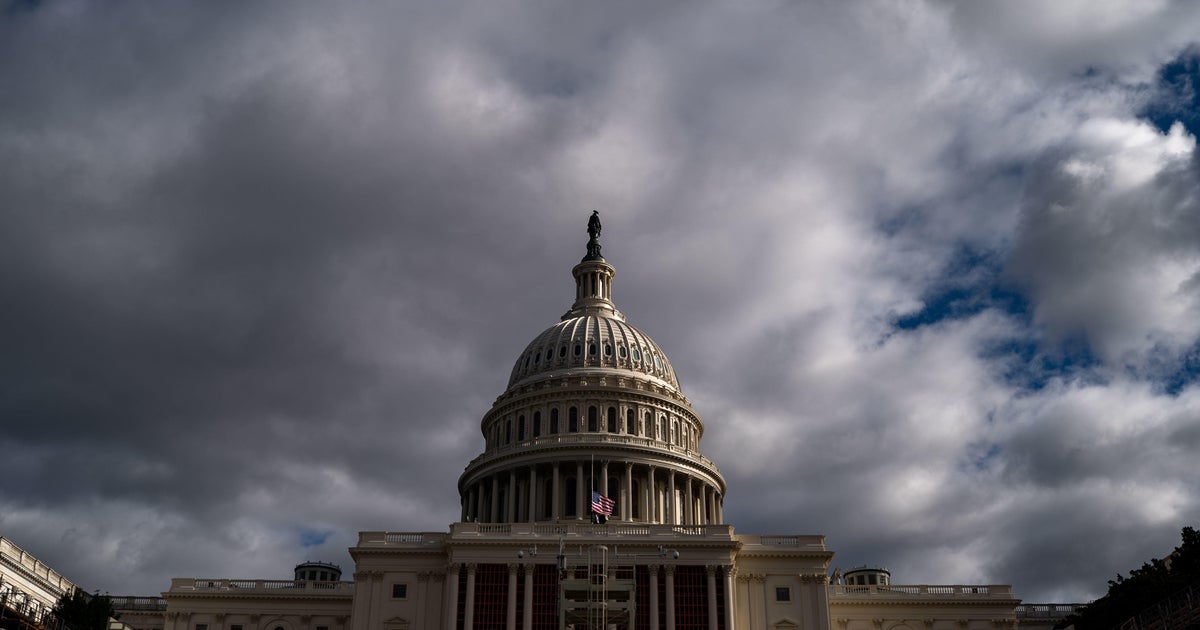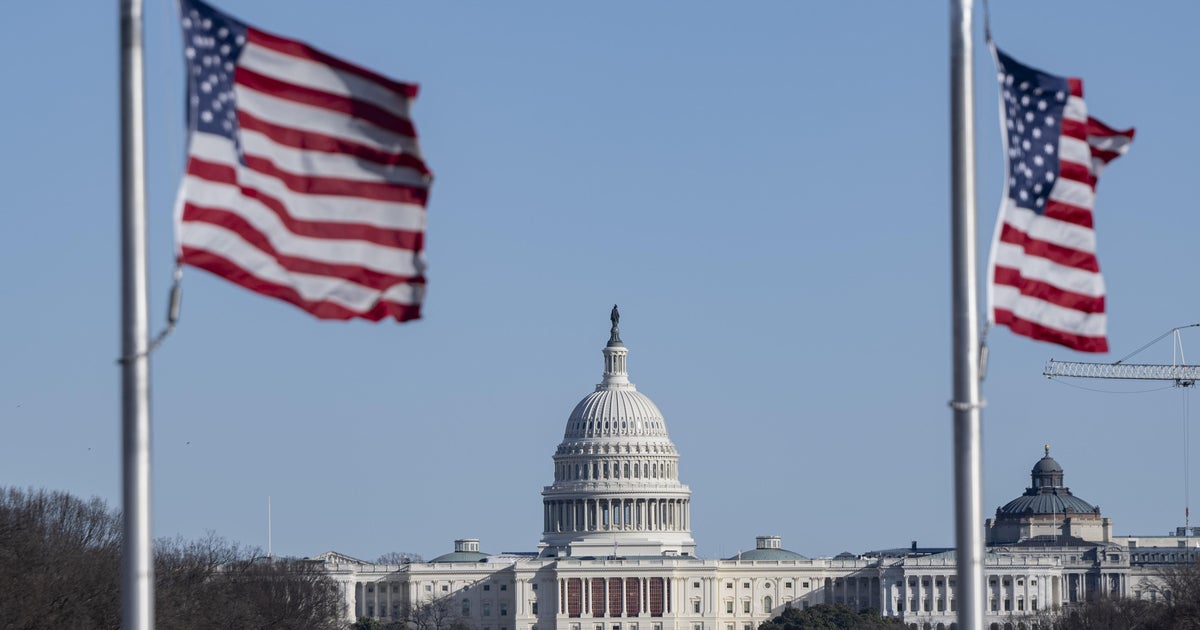U.K. leader Boris Johnson threatens Brexit "rebels" with banishment
London — Prime Minister Boris Johnson is threatening to expel from the party any fellow Conservative lawmakers who try to stand in the way of his plans to pull Britain out of the European Union on October 31, with or without a divorce agreement in place. Johnson has been in office for just several months, but believes he has a mandate to deliver Brexit on any terms — even if it means a potentially damaging "no deal" break-up.
Many British lawmakers, including from Johnson's own Conservative Party, believe a no-deal Brexit would be calamitous for the U.K. As Parliament reconvenes on Tuesday after the summer recess, those opposed to a no-deal exit will try to block that outcome via legal action, legislation or a no-confidence vote in Johnson's government that, if successful, would force a new national election and could unseat him.
Johnson has been lambasted as undemocratic for his bold move last week to shrink the remaining term of Parliament down to just a handful of days by having the legislature suspended from early next week.
It effectively gives Members of Parliament just a week to try and thwart his plans. Any successful bid to do so — most likely a no-confidence vote or legislation to block a no-deal exit — will rely on Conservative "rebels" going against Johnson.
Rebels rousing
On Monday, British news outlets said Conservative whips, the lawmakers tasked with maintaining party discipline, had warned the rebels that if they vote against Johnson they will be suspended from the party.
"It's obviously a particularly confrontational approach and, I think, designed, frankly, to realign the Conservative Party, to transform the Conservative Party very much in the direction of a Brexit party," David Gauke, a Conservative former Justice Secretary, told CBS News partner network BBC News on Monday.
At least some of the Conservative rebels appear ready to take the risk of excommunication from their party.
Buzzfeed reported Monday that a group of Conservatives is working with opposition lawmakers on legislation that would force Johnson to seek an extension from the EU on the October 31 Brexit deadline if no deal is agreed by a set date before then. Buzzfeed said the bill was expected to be put forth for a vote within just hours of Parliament reconvening on Tuesday.
That report was unconfirmed, as were rumors that Johnson might call a snap national election himself, essentially expecting to notch a clear victory for his party and thus boost his perceived mandate to steer the country out of the EU.
"Project fear," or fear well-founded?
Economists, including the government's own, have warned that leaving the European Union without a deal in place with the bloc could severely damage the U.K. economy, lead to shortages of fresh foods and medicines and long delays for people and goods at ports of entry.
Johnson's government dismisses that as "project fear," and insists the country is well prepared to crash out of the EU.
More ideologically, those who oppose leaving the EU without an agreement argue that the British public wasn't given an honest assessment of its choice in the run-up to the Brexit referendum of 2016. The pro-Brexit campaign, which Johnson himself led, always insisted that agreeing the terms of a divorce with the EU would be a simple task. It has proved to be anything but.
Britons, the pro-remain and anti-no-deal crowd argue, never voted to cut ties with the 28-nation bloc without the new terms of their future relationship being made clear.
Johnson and his close group of hardline Brexit allies in the government argue, however, that the people have spoken; they voted in 2016 to leave the EU, and now that vote must be honored, come hell or high water.
How United is the Kingdom?
There are also complicated implications for the future cohesion of the United Kingdom if a no-deal Brexit comes to pass. Britain is actually four unified nations; England, Scotland, Wales and Northern Ireland.
Support for a second independence referendum in Scotland, where a majority opted to remain in the EU in 2016 is believed to have grown since that original vote. Two years before that Brexit referendum, Scots voted to stay in the U.K. in a separate, national referendum (yes, they seem to have become a trend over here).
The outcome of a potential second independence referendum in Scotland is far from certain, but calls for one to happen are mounting.
Then there's Northern Ireland. The British territory is the only U.K. soil that has a land border with the EU, as the Republic of Ireland is an independent nation and EU member state. The Good Friday Agreement of 1999 ended years of bloody sectarian conflict and opened the Irish border up for smooth traffic.
In the 20 years since, many people have built their lives and businesses around their ability, and the ability of goods they buy and sell, to pass between the two countries without friction.
The EU is adamant that any Brexit agreement with Britain must include a so-called "backstop" provision, designed to ensure the Irish border stays open even if negotiations between the U.K. and Brussels drag on for years.
Johnson and other Brexiteers say the way the backstop is crafted, it would effectively keep Britain beholden to EU regulations if no broader agreement was reached. That qualm blocked approval in Britain's Parliament of the draft agreement reached by Johnson's predecessor with Brussels.
There's has been no indication yet that the EU is willing to renegotiate the backstop.
If Brexit goes ahead with no deal, it would mean re-institution of at least some security checks on the Irish border, as all goods and people would suddenly be subject to customs and immigration inspection. That, many fear, could rekindle tensions still simmering just beneath the surface.




